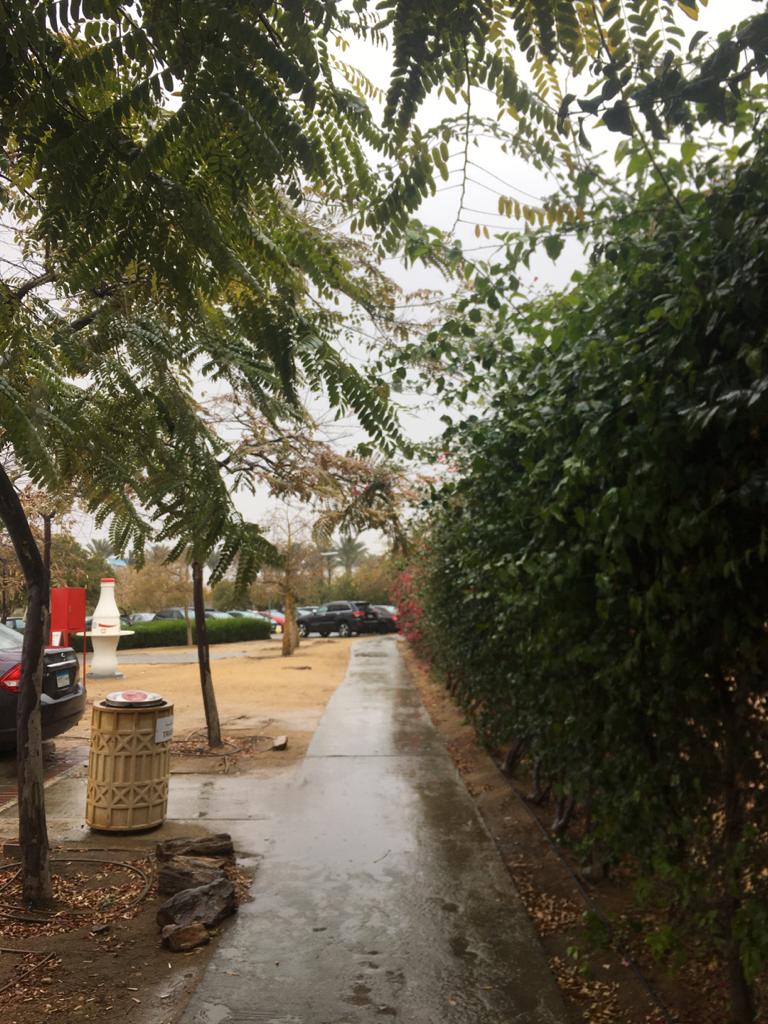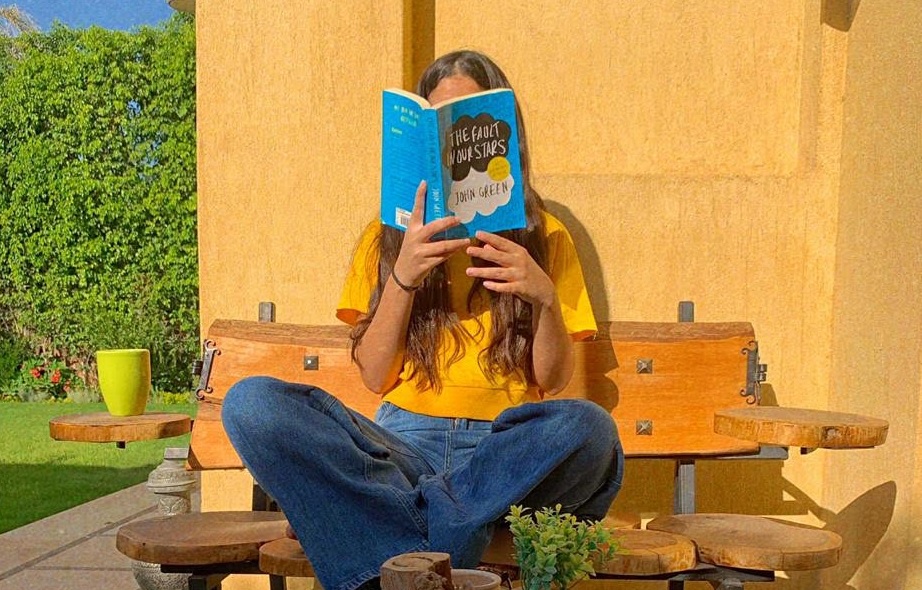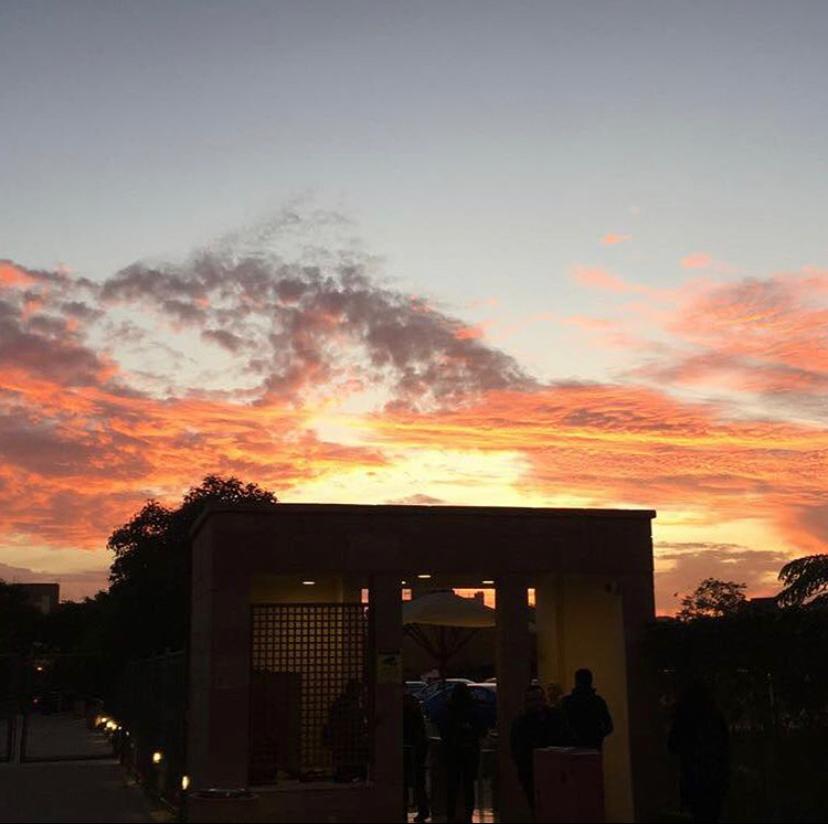Couples, Ride or (Leave, But Don’t) Die
In 1998, R&B artist Jay-Z popularised the phrase “ride or die” to mean never give up on those you care about.
The ‘ride-or-die’ archetype may seem charming at first, particularly when applied to relationships.
A couple is expected to “ride” out any problems, or at least “die” trying to fix them.
But beneath the veneer of couples doing their utmost for each other lies a more sinister aspect which could be used as a shield to normalize abuse.
According to a survey conducted by the Central Agency for Public Mobilization and Statistics (CAPMAS), about 46 percent of Egyptian married women have been subjected to violence from their husbands.
Emotional violence goes on top of the list at 43 percent; physical violence at 32 percent; and sexual violence at 12 percent.
“It took us a while to convince people to report physically abusive relationships, and they still don’t do it,” says family and couples counselor Hala Badrawy.
“Egyptians don’t have the awareness to know that they are in emotionally abusive relationships, which is why they don’t report them and also why we don’t have any statistics,” Badawy told The Caravan.
Some women may convince themselves that their partners are worth the silence
“Just gonna stand there and watch me burn, but that’s alright, because I like the way it hurts.”
If you read these lyrics and they reminded you of your significant other, as it left you gazing and thinking, “this is our song,” you need to continue reading.
Yes, these are the famous lyrics from Eminem and Rihanna’s “Love The Way You Lie” song.
These songs, and many more TV shows and movies, are leading their audience down the road to confused relationships. People are putting these examples of “true love” on pedestals.
Romanticizing bullying, and being in abusive and unhealthy relationships, goes way back. As we were all singing and dancing along to “You’re The One That I Love” – the song from the classic musical “Grease”- we missed the fact that, “the one that [Sandy] loves” made her change her appearance, solely to impress him.
Not to mention the fascination with the Joker and Harley Quinn from the movie Suicide Squad, and how a lot of couples dress like them in Halloween, believing that they are “relationship goals,” while the Joker actually bullied Harley into falling in love with him when she was his doctor.
The Joker even used unnecessary shock therapy to bend her will to his.
But it isn’t just pop culture that influences the nature of relationships and allows abuse to persist.
We’re addicted to being in love and in relationships.
When someone is in love, the brain releases hormones like dopamine, also known as the “pleasure hormone”, which not surprisingly is also released when taking cocaine or heroin.
The brain during coupling also released serotonin which is the “mood stabilizer” because it affects every part of your body, helps you sleep, and reduces anxiety and depression.
When we fall out of relationships, our bodies yearn for these hormonal releases.
“Being in a toxic relationship could be compared to being addicted to a drug, as they know the “side effects” can destroy them, but they stay dependent due to the few benefits,” said El Kholy.
A study carried out by Patricia O’Campo, a social epidemiologist and director of the Centre for Research on Inner City Health at St. Michael’s Hospital in Toronto, and funded by the U.S. National Institute of Mental Health, proved that more than half of relationship abuse survivors saw their partners as “highly dependable.”
In the study, O’Campo said that people don’t stay in abusive relationships because they like the pain but instead are desperately hoping that the abuse will go away, blocking out all evidence to the contrary.
She added that many abuse survivors suffer from post-traumatic stress syndrome. One of the symptoms of post-traumatic stress syndrome is dissociation, which means creating such profound detachment from the reality of the abuse.
They simply can’t leave the abuser because they aren’t psychologically present enough to recall the pain of what happened.
Some people may not recognize that their relationship is abusive to begin with, perhaps because they grew up in an environment where abuse was common.
“I didn’t think it was an abusive relationship, until I went to therapy. I would see my parents fight all the time and believe that this is what relationships are all about. It took me a while to realize abusive relationships are very common, that even my parents are in one,” said a 23-year-old college graduate, S.E.
Emotional abuse and bullying can destroy someone’s self-esteem, making it feel impossible to leave or start over, leading them to question whether their feelings are justified or valid.
They would often be told (or even tell themselves) “you’re just overreacting”, “stop making everything such a big deal” or “you’re too sensitive.”
When one starts realizing that their partner’s behavior is unacceptable, they tend to avoid talking to anyone about it for fear of being judged for staying. Hence, they start hiding the dynamics of the relationship from important people in their lives.
And that’s precisely how S.E. deluded herself.
“The irony was, I went to therapy because I felt that my best friend for 12 years was jealous of my relationship with my boyfriend, and it was stressing me out. After therapy, I realized that my boyfriend was abusive, and she was just warning me all along,” said S.E.
Nevertheless, if someone admitted that they’re in an abusive relationship and are being bullied some of their friends might respond saying “it’s normal to fight”, “no one is totally happy in their relationships”, “relationships are about work.”
These comments can make someone trust the judgment of others over their own instincts telling them to leave.
“Women are mostly the ones who are trying to solve any issues, and make things work. I think it’s because they’re always told from an early age that they need to be in a relationship,” says Badawy.
The therapist believes that the phrase “all men are like this” is actually affecting women, more than it’s affecting men. It normalizes abuse, making women think that they have to settle just because they don’t have any other options.
“Men are not trash. We shouldn’t just settle for the ones who are. I have always been in abusive relationships, until I met my boyfriend. I thought that being picked on, and making fun of my weight was just part of being in a relationship. I thought they were just being honest, but no. They were just being mean,” said a 23-year-old college student, E.E.




